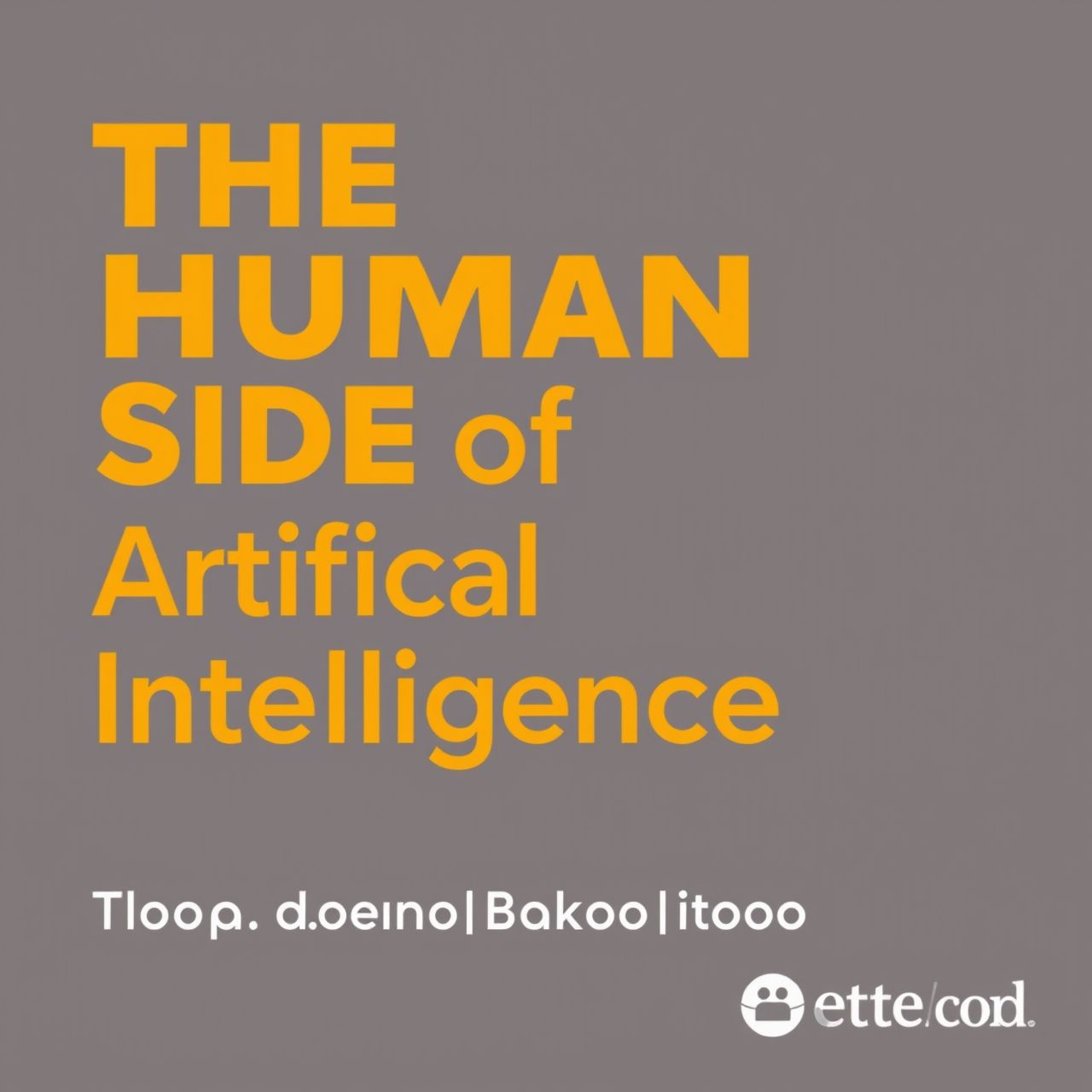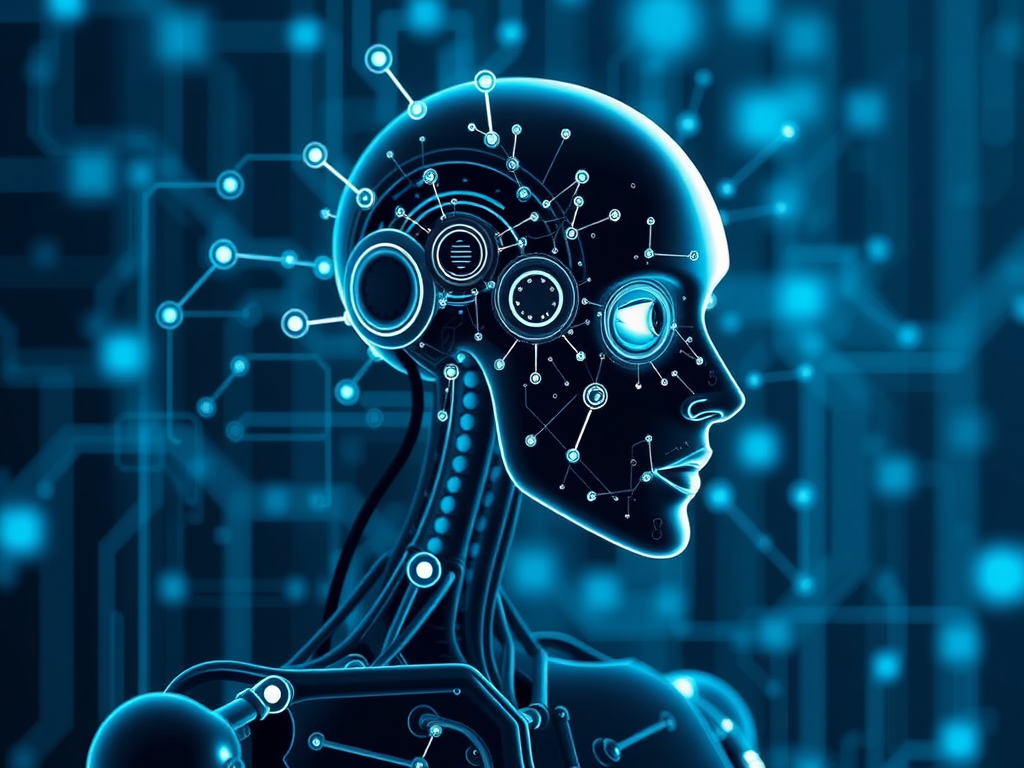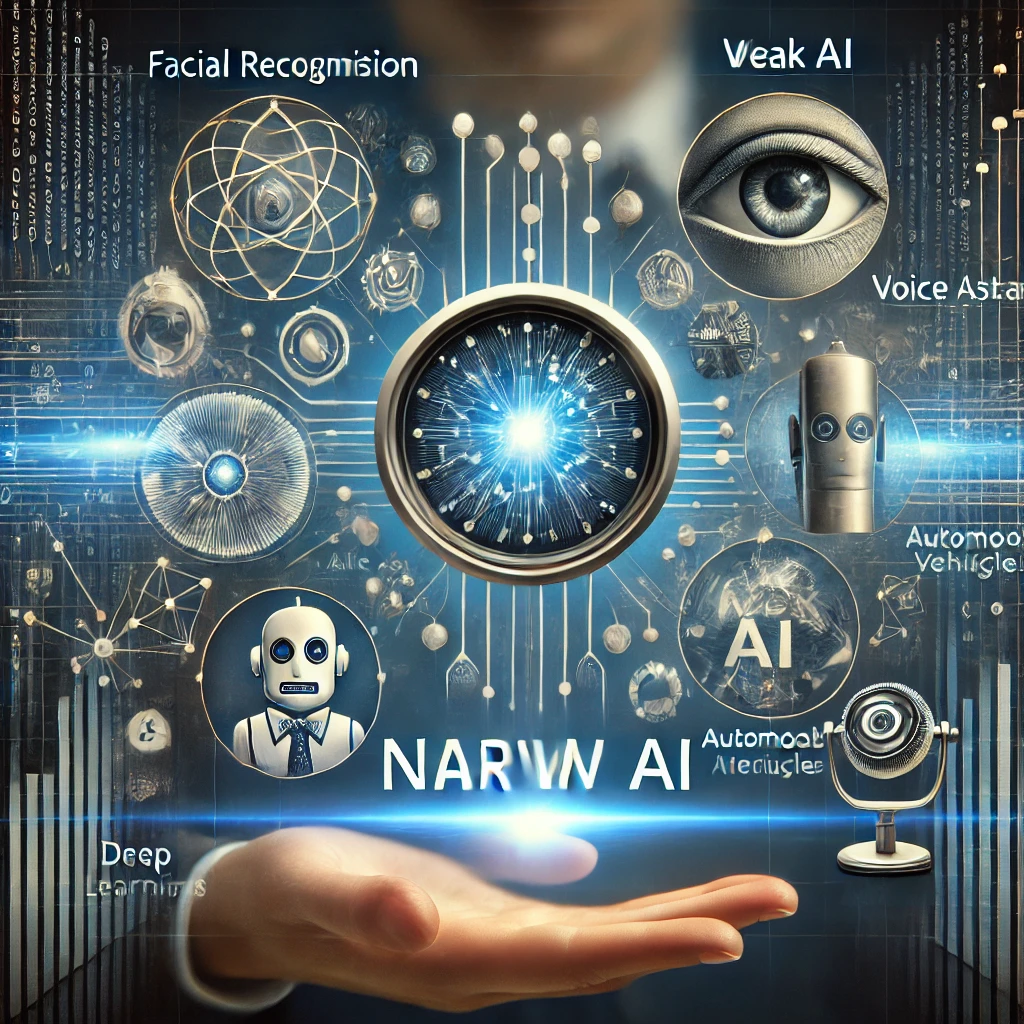Picture this: A radiologist sipping coffee while an AI scans thousands of X-rays in minutes, flagging a tiny shadow three pixels wide that could be early-stage lung cancer. No, it’s not sci-fi—it’s happening right now in hospitals worldwide. AI isn’t here to replace doctors; it’s handing them a magnifying glass for diseases they might’ve missed.
Why Radiology Needed a Tech Upgrade
-
Human limits: Even the sharpest radiologist’s eyes glaze over after 100 MRIs.
-
The data flood: Imaging requests have skyrocketed, but radiologist numbers? Not so much.
-
Subtlety kills: The difference between “probably fine” and “stage 1 tumor” can be a pixel.
Enter AI: the tireless, hyper-focused intern who never needs bathroom breaks.
AI’s Greatest Hits in Medicine
1. Cancer Whisperer
-
Spots breast cancer in mammograms up to 2 years earlier than traditional methods.
-
Flags suspicious moles in dermatology photos with 95% accuracy (sorry, WebMD).
2. Heart Attack Prophet
-
Analyzes echocardiograms and whispers: “Psst… this patient’s arteries will be drama in 6 months.”
-
Catches blood clots in CT scans faster than you can say “stat.”
3. Brain Sherlock
-
Detects Alzheimer’s patterns **5 years before symptoms5 years before symptoms—giving families precious time.
-
Pinpoints tiny strokes in scans that even specialists might overlook during lunch-break reviews.
By the Numbers
-
30% fewer misdiagnoses when AI double-checks scans.
-
20% more early-stage detections for cancers (aka when treatment actually works).
-
45 seconds for AI to analyze an MRI vs. a radiologist’s 20 minutes.
Translation: More lives saved, fewer “oops-we-missed-it” tragedies.
But It’s Not All Smooth Sailing…
-
“Robot Overlords” fear: Doctors initially side-eyed AI like, “Will this thing steal my job?” (Spoiler: No. It’s more like GPS for diagnoses.)
-
Bias alert: If an AI trains on mostly male-centric heart attack data, it might miss female symptoms. Garbage in, gospel out.
-
Tech headaches: Hospitals still wrestle with clunky software integrations. “Why won’t the AI talk to the EHR?!”
The Future? Even Wilder
-
Real-time surgery assist: AI murmuring “Don’t cut there!” during operations.
-
Multimodal genius: Cross-referencing your MRI with genetics and lifestyle data for 3D health predictions.
-
Democratizing care: Bringing expert-level diagnostics to rural clinics via smartphone apps.
The Bottom Line
This isn’t about machines vs. humans—it’s about augmented intelligence. AI won’t cry with your family over a diagnosis, but it might ensure you get that diagnosis in time for a cure. And honestly? That’s pretty damn revolutionary.








